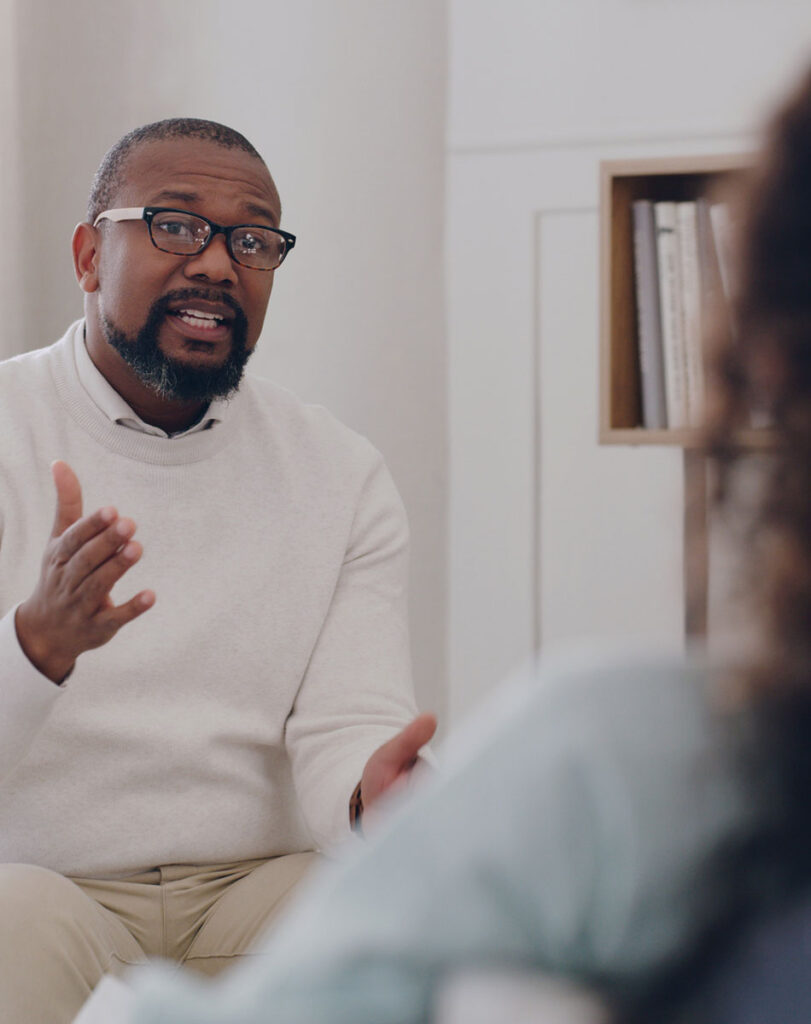Attachment-based therapy is a therapeutic approach rooted in attachment theory, which was initially developed by John Bowlby and further expanded by Mary Ainsworth. This therapy focuses on the importance of secure attachment bonds in the development of healthy emotional and relational functioning. It is used to address a range of mental health issues, particularly those that stem from early attachment disruptions or trauma.
Here at Lotus Recovery, many of the clients we work with discover that they have unhealthy attachments due to trauma in their early life. These unhealthy attachments often don’t become noticeable until adulthood when the person has trouble forming healthy relationships with friends, family, coworkers or significant others. As a result, they may turn to drugs or alcohol to cope.
Without intervention, it’s difficult to recover from unhealthy attachments. You will likely keep repeating the same misjudgments and end up in the same harmful relationships. Fortunately, various therapies, including attachment-based therapy, can help you work through past issues and develop a healthier approach toward relationships going forward.
What are the Key Concepts of Attachment-Based Therapy?
- Secure attachments are healthy attachment bonds where an individual feels safe, understood and supported.
- Insecure attachments are unhealthy attachment bonds where individuals may feel anxious, avoidant or disorganized in their relationships due to inconsistent or inadequate caregiving.


Goals of Attachment-Based Therapy
If you experienced trauma, abuse or neglect in your childhood and are now having difficulties in your interpersonal relationships, you can likely benefit from attachment-based therapy. The benefits to this type of therapy include:
- Fostering secure attachments to develop or restore secure attachment patterns
- Improving relationships by enhancing their quality and stability
- Healing attachment wounds resulting from early attachment disruptions
- Strengthening emotional regulation so that you can manage and express emotions healthily
Techniques Used in Attachment-Based Therapy
Building a safe therapeutic relationship
Corrective emotional experiences
Exploring early attachment experiences
Strengthening interpersonal skills
Emotion-focused techniques
Benefits of Attachment-Based Therapy
How Attachment-Based Therapy Works
When you start attachment-based therapy, your therapist will conduct a thorough assessment of your attachment history and current relational patterns. What was your childhood like? What types of issues are you experiencing in your current relationships? Next, they will help you set goals for therapy based on your need and desired outcomes. Do you want to be more confident in your relationships? More present? Less reactive?
All therapy sessions are done in a safe and supportive setting. As you learn about your attachment styles and how to reinforce new attachment behaviors, your therapist will provide ongoing support and adjustments to your recovery plan. By applying the right skills, you will improve your relationships and build healthier attachments. Most importantly, having strong, dependable relationships with others reduces the risk for mental health and substance use disorders.

